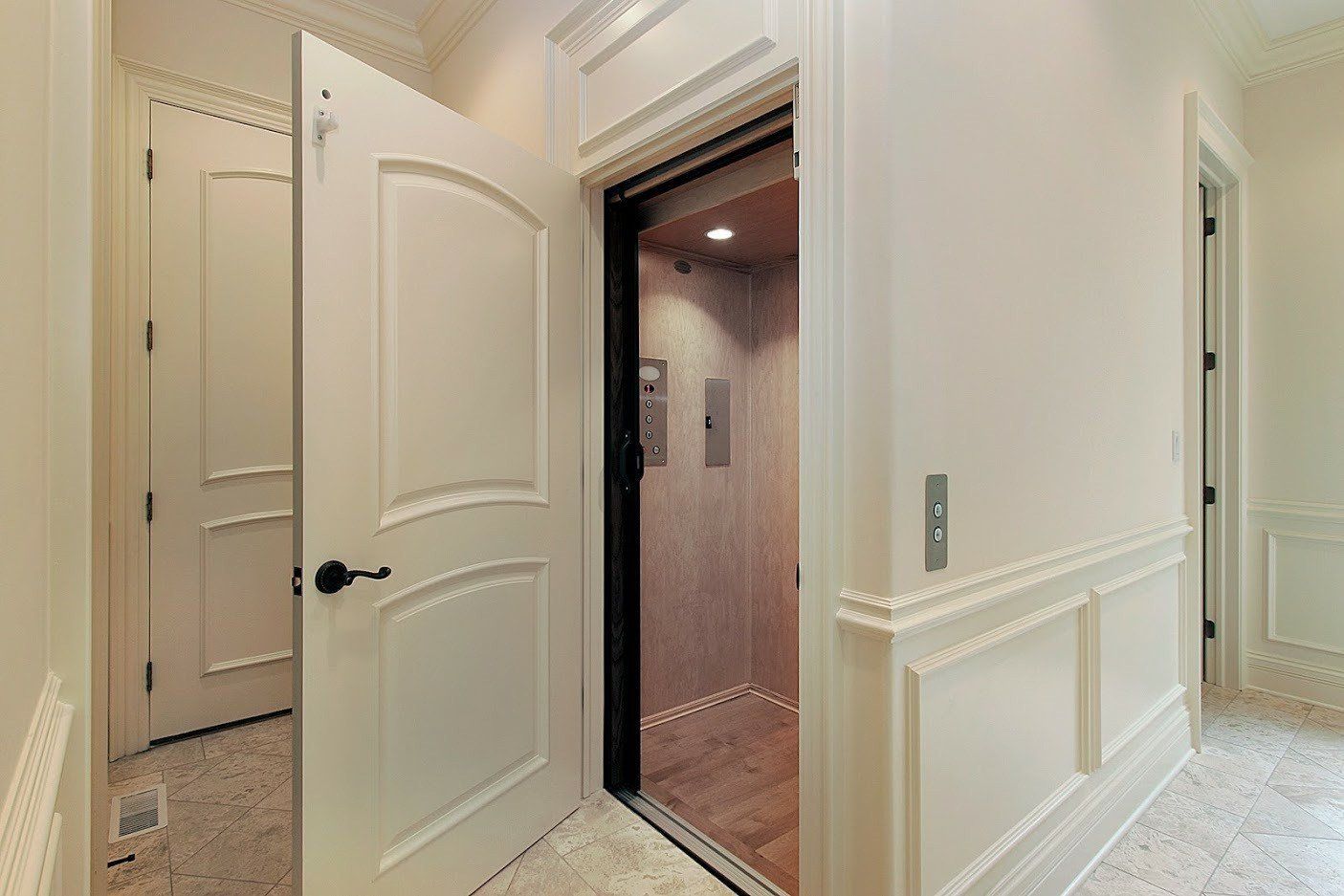Common Causes of Elevator Accidents

Elevator accidents are not common, but they can lead to serious injuries if they do. In such cases, the cause of the accident will determine who to compensate for your injuries. Below are common causes of elevator accidents.
Defective Doors
Many elevator doors feature automatic doors. Most of the doors have motion sensors that open the doors whenever they detect motion - the doors stay close without motion. The system comprises complex electrical and electronic parts.
Unfortunately, some of these parts can fail and trigger malfunctioning door operations. For example, a defective door might close too fast and crush someone exiting or entering the elevator. A defective door might also fail to close properly or open at the wrong time, leading to a fall.
Free Falls
A typical elevator uses a systemof cables and pulleys to pull it up and down at a controlled speed. An accident might ensue if the pulley snaps. Thus, modern elevator designs include fail-safe brakes to prevent such accidents. However, defective brakes or old elevators without such systems can free fall if the pulley snaps. The pulley system might fail because of:
- Poor maintenance
- Aging (that causes accumulated wear and tear)
- Poor maintenance
Elevator free-falls are not common, but they can be deadly if they happen. Injuries in a free-falling generator depend on the elevator's falling height.
Speeding
A speeding elevator is dangerous whether it is going up or down. Elevators come with speed-control systems, such as counterweights. An elevator might speed if its speed-control system fails. A speeding elevator might throw you against the floor or walls, leading to serious injuries. The elevator can also cause further injuries when it stops abruptly at the end of its journey.
Misleveling
An elevator should stop at the exact floor level. That way, the elevator door and shaft or floor door sit at the same level. However, sometimes that doesn't happen, and the elevator stops before or after the floor level. That might happen, for example, with an old and worn elevator whose braking system is beginning to show its age.
Unfortunately, you instinctively expect the elevator door to open exactly at the right level. Thus, the misleveling can lead to a fall when exiting or entering the elevator. The elderly, people living with disabilities, and children are especially susceptible to misleveling related falls.
Electrical Malfunction
Elevators run on mechanical and electrical systems. The electrical and electronic parts use electricity, which means they are susceptible to electrical malfunctions. An electrical malfunction that sends electricity flowing to the wrong parts of the elevator can cause electrocution. Potential causes include defective installation or repair of the elevator's electrical system.
Unpredictable Movements
An elevator's movement should be predictable. For example, the elevator should stop only at floor levels and rise or fall at an even speed. However, a malfunctioning elevator might exhibit dangerous, unpredictable movements.
For example, a defective elevator might stop midway between floors, speed up, or stop abruptly. Such unpredictable movements might cause accidents. For example, you might fall into an elevator's shaft if it stops midway between floors.
Stuck Movement
A stuck elevator is usually not a big deal because you can just call and wait for help. The problem arises if the elevator is stuck during an emergency. For example, an elevator stuck below ground level during a flood can lead to drowning. An elevator stuck during a fire outbreak can lead to smoke inhalation or burn injuries.
The lawyers at Borbi, Clancy & Patrizi, LLC, have helped thousands of injury victims to get the compensation they deserve. We can help you recover damages if you have suffered an elevator injury or any other accident.
Contact us for a free initial consultation to determine the next step for your case.
